Universities Must Translate Research into Real-world Impact through Partnerships and Entrepreneurial Ecosystems – Imperial College Provost
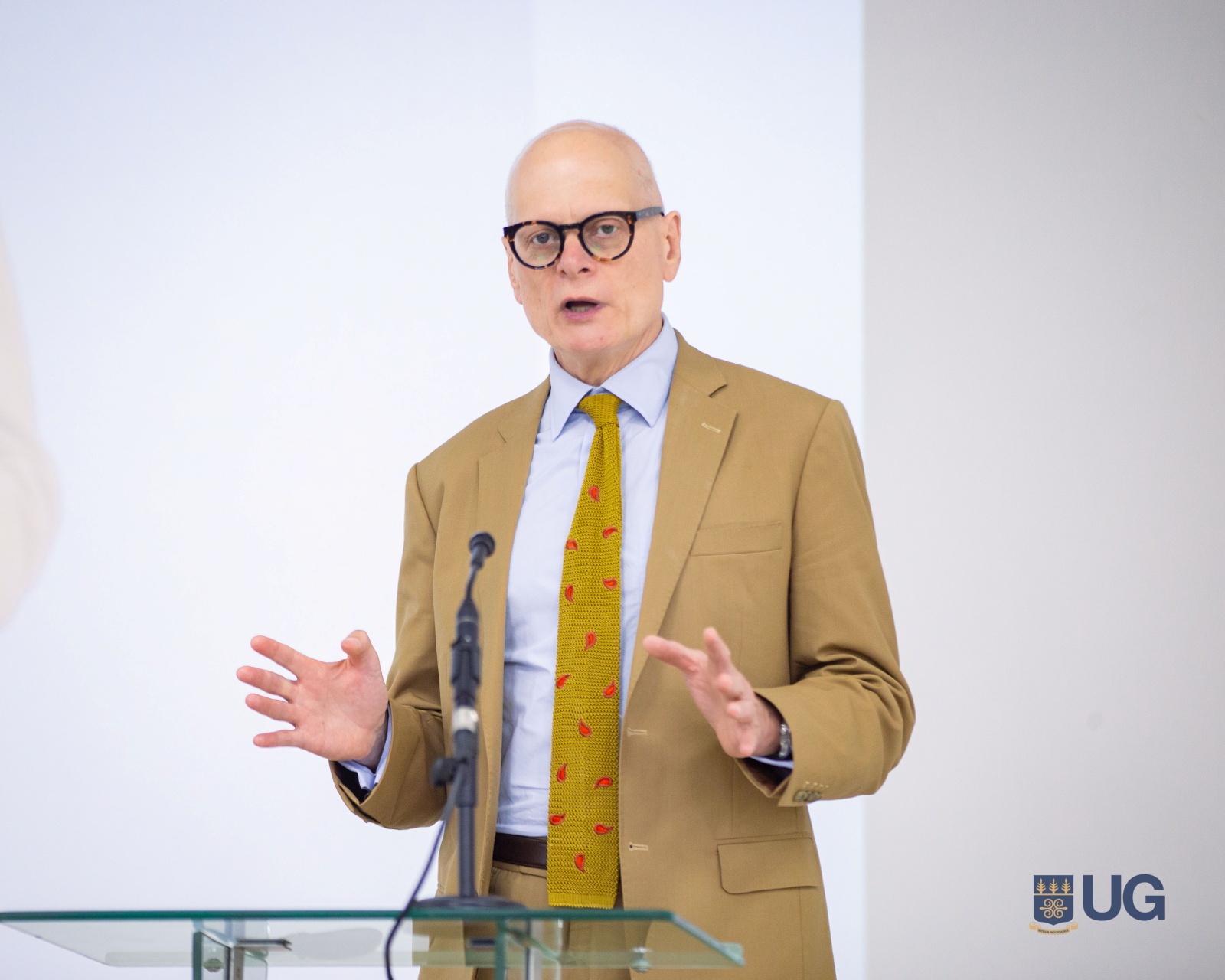
Universities around the world must do more to ensure their research leads to real-world impact, but this can only happen through strong partnerships and robust innovation ecosystems, says the Provost of Imperial College London.
Professor Ian Walmsley, CBE FRS, made this call during a public lecture at the auditorium of the West African Genetic Medicine Centre (WAGMC) at the University of Ghana on Monday, July 7, 2025. The lecture formed part of the 2025 Vice-Chancellor’s Occasional Lecture Series.
Speaking to an audience of academics, students and industry stakeholders, he argued that universities have a unique responsibility to shape society through knowledge creation. However, he insisted that “we must move beyond producing knowledge for knowledge’s sake.”
“Innovation is at our core, application at our heart,” he added. “The founding mission of Imperial College has always been useful. That means getting research from our laboratories into the real world where it can make a difference.”
To illustrate how this mission is being realised at Imperial, Professor Walmsley pointed to the White City Deep Tech Campus and the Imperial West Tech Corridor in London. According to him, these innovation hubs provide the infrastructure for co-locating start-ups, accelerators, academic labs and industry partners. He underlined that this ecosystem has enabled more than 370 active startups and fostered collaborations with over 500 industry partners.
Further to this, the Provost revealed that the survival rate for Imperial’s startups stands at 79%, far above the UK average of 10%. He attributed this to a combination of targeted support, expert mentorship and a culture that embraces both innovation and failure.
Professor Walmsley underscored the importance of convergence science, an approach that moves beyond simple collaboration by deeply integrating different academic disciplines. He explained that Imperial has established Schools of Convergence Science to bring together researchers and practitioners to address complex societal challenges in areas such as health, sustainability, artificial intelligence and space security.
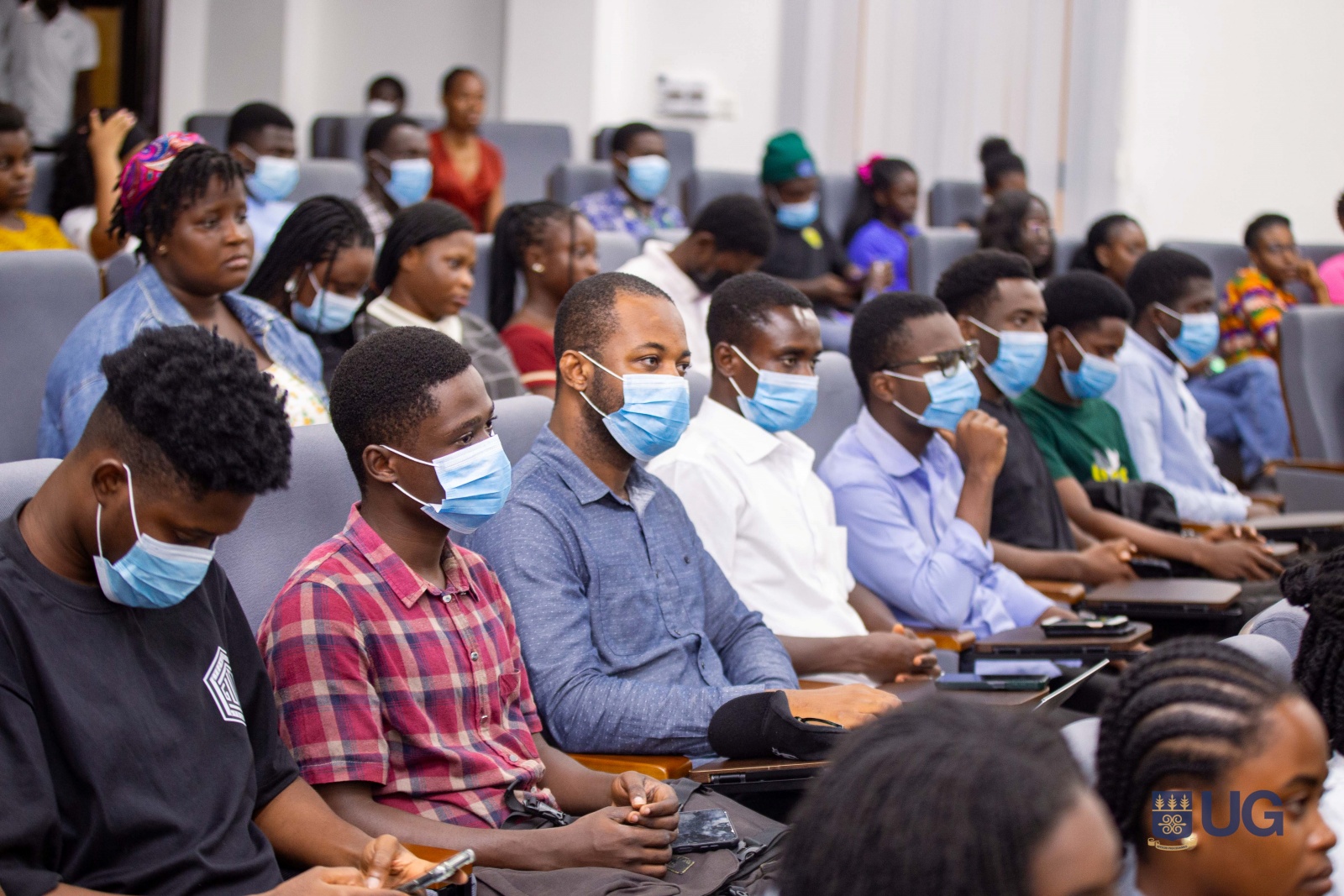
The Provost intimated that, “This is not just collaboration, it’s integration. We are creating entirely new ways of thinking by uniting different methods and perspectives to create barrier-breaking solutions.”
In addition to building institutional capacity, Professor Walmsley revealed Imperial has adopted a market-led model for commercialising university research. Rather than focusing only on research excellence, the Provost observed that this approach begins with identifying pressing global problems and then seeking the best science to solve them. He explained that this model encourages rapid pre-incorporation investment, expert co-investor evaluation, and a “fail-fast” culture that ensures only the most viable ideas are scaled.
Since 2019, this strategy has led to the formation of over 50 academic-led spinouts and more than 230 student-founded startups, Professor Walmsley announced.
He also drew attention to the global nature of innovation, highlighting Imperial’s establishment of strategic hubs around the world. Known as the Imperial Global Network, these centres are designed to promote research collaboration, support innovation and build stronger relationships between the university and regional partners. “Being present in key regions helps us amplify impact, attract talent and remain truly global,” he said.
Professor Walmsley further outlined the importance of institutional support structures such as venture mentoring services, commercialisation teams, impact accelerator funds and co-located deep tech infrastructure. These, he noted, are all critical in helping researchers and students turn scientific discovery into scalable business ventures.
Professor Walmsley also took the opportunity to remind universities that research alone is not enough. “It takes more than science, it takes people, purpose and the right platforms to move from discovery to impact,” he said.
Vice-Chancellor of the University of Ghana, Professor Nana Aba Appiah Amfo, who hosted and chaired the lecture, in her remarks, intimated that the event was organised to discuss critical issues concerning university-driven innovation and how institutions like UG could leverage global best practices.
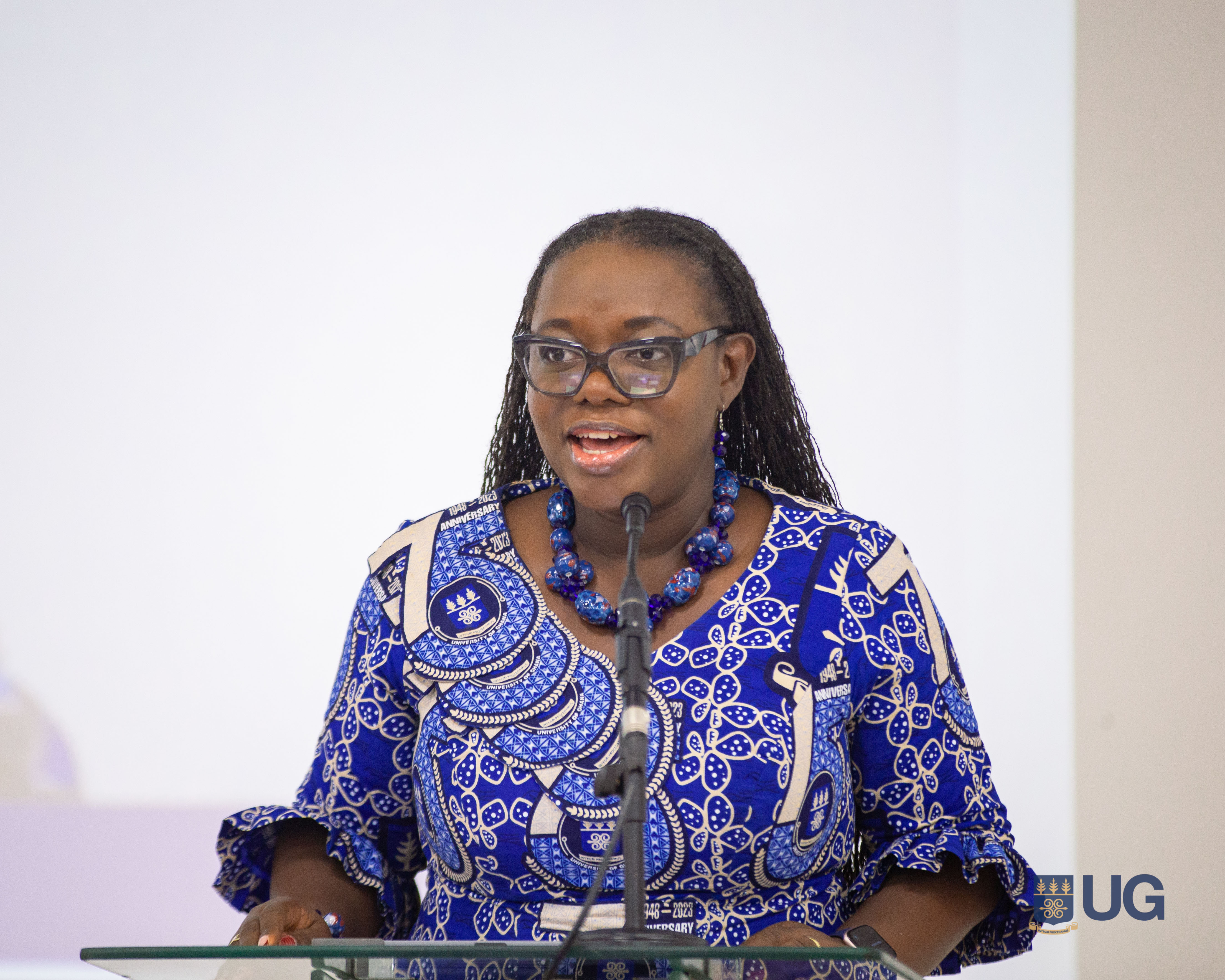
She said industry partners are a key component in developing innovations and their accompanying benefits, pointing out that no innovation ecosystem can thrive without strong local and global partnerships. She also noted that Imperial’s thriving ecosystem and track record offer useful lessons on the role of universities in translating research into real-world impact, a mission that aligns strongly with the University of Ghana’s current strategic direction.
Prof. Amfo made particular reference to Imperial’s emphasis on global partnerships and networks, stating that UG also relies increasingly on such connections to expand its innovation footprint and enhance its research relevance and impact.
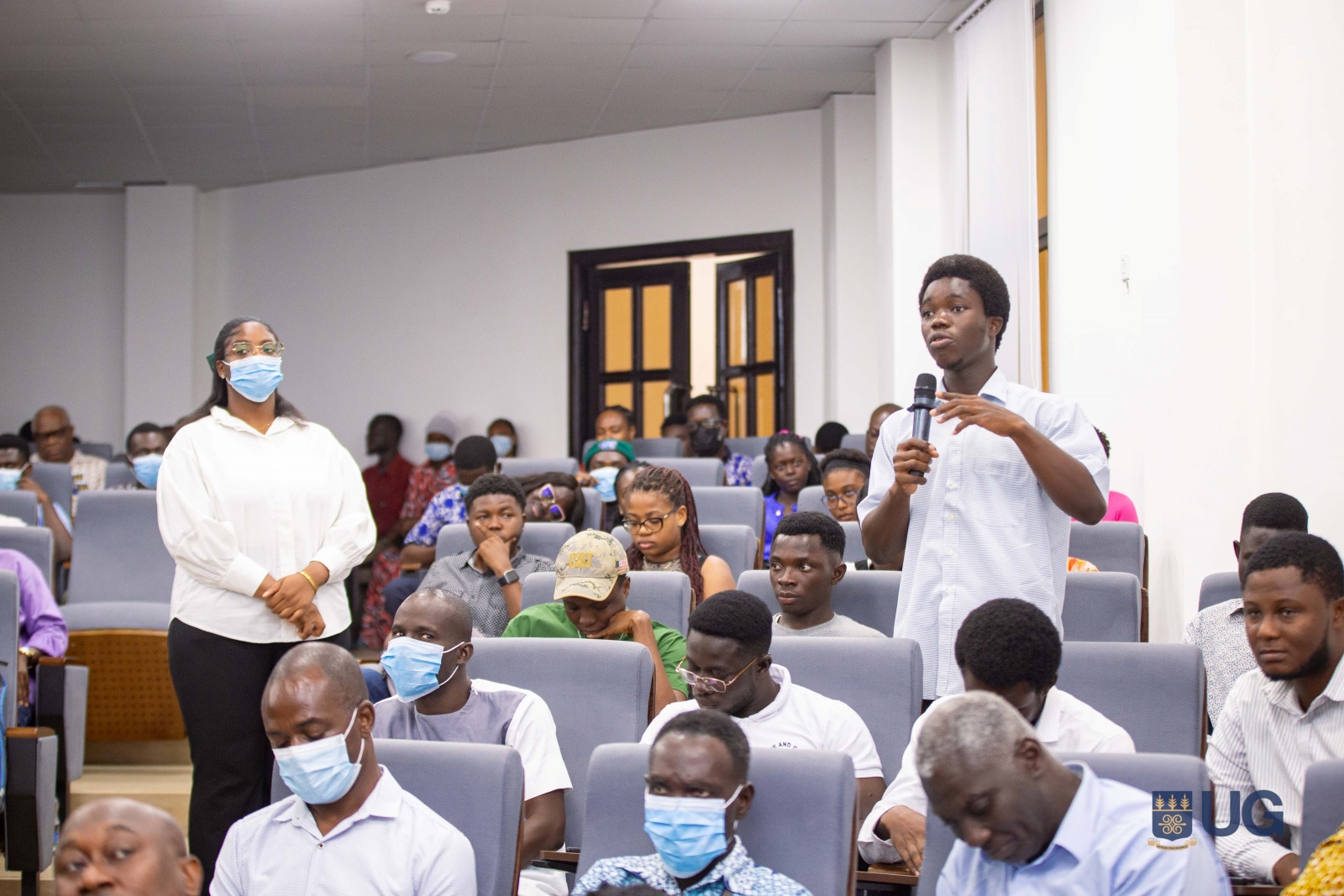
Touching on the importance of interdisciplinarity, she said universities must commit to crossing traditional academic boundaries to address society’s complex challenges. She also stressed the need for greater attention to intellectual property and equitable returns from research, stating, “For innovation to be sustainable and inclusive, everyone must have confidence in the system and be willing to participate.”
The Vice-Chancellor expressed appreciation to Professor Walmsley for what she described as “a timely and inspiring contribution to the discourse on innovation in higher education.” She noted that the University of Ghana remains committed to impactful research and innovation and that insights from Imperial’s experience would guide aspects of the University’s ongoing strategic reforms.
Prof. Amfo concluded with a call to UG faculty and researchers to take a keen interest in the University’s innovation agenda and to actively engage with opportunities provided through partnerships such as those being explored with Imperial and to support and nurture student initiatives. She noted that there was much more to achieve, especially through sustained collaboration with institutions that have demonstrated success in building impactful innovation ecosystems.
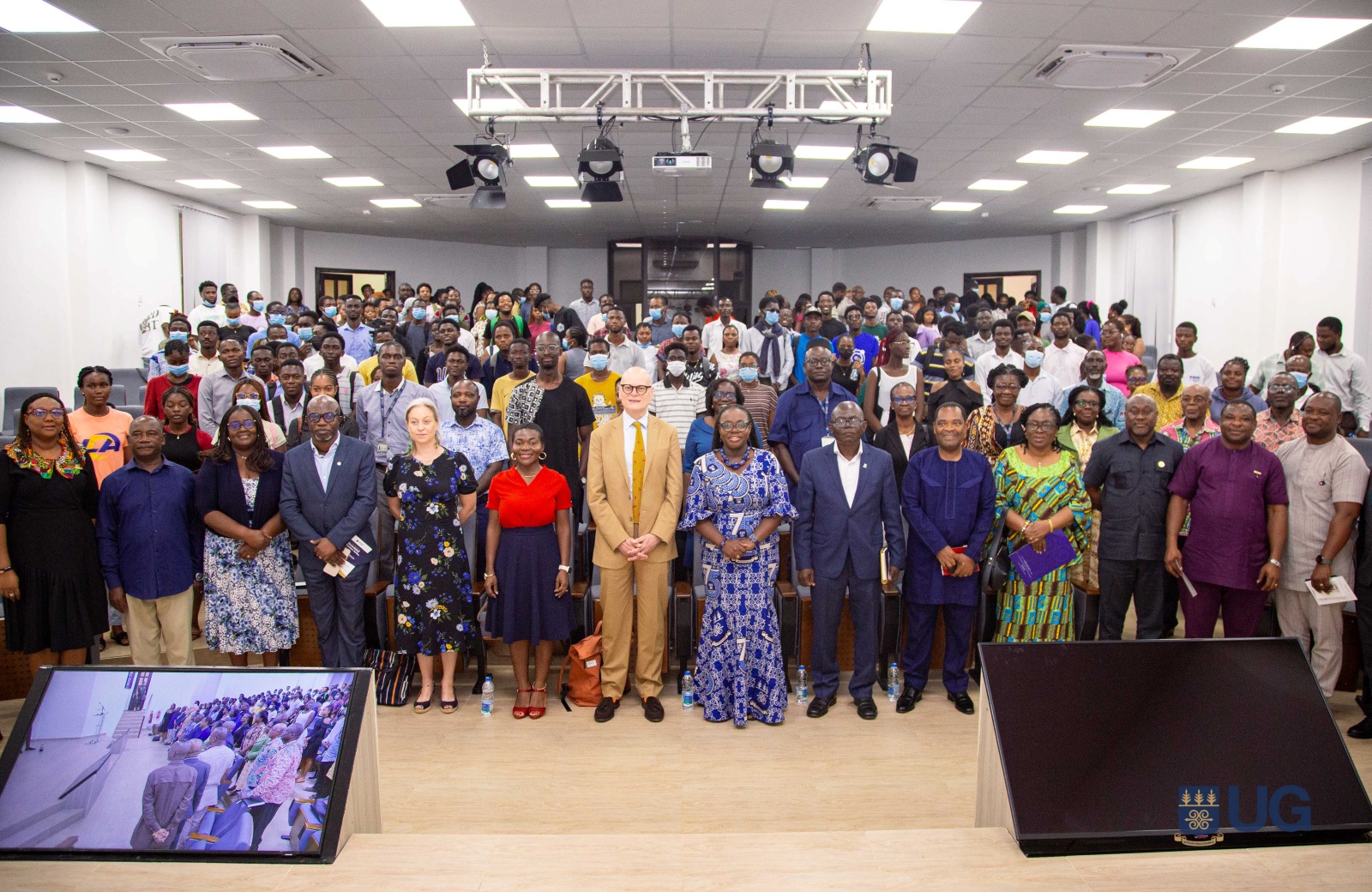
The Vice-Chancellor’s Occasional Lecture Series serves as a platform for thought leaders from around the world to share insights that inspire academic excellence, influence policy and stimulate innovation within and beyond the University community.